Publications
Articles, publications, books, tools and multimedia features from the U.S. Institute of Peace provide the latest news, analysis, research findings, practitioner guides and reports, all related to the conflict zones and issues that are at the center of the Institute’s work to prevent and reduce violent conflict.
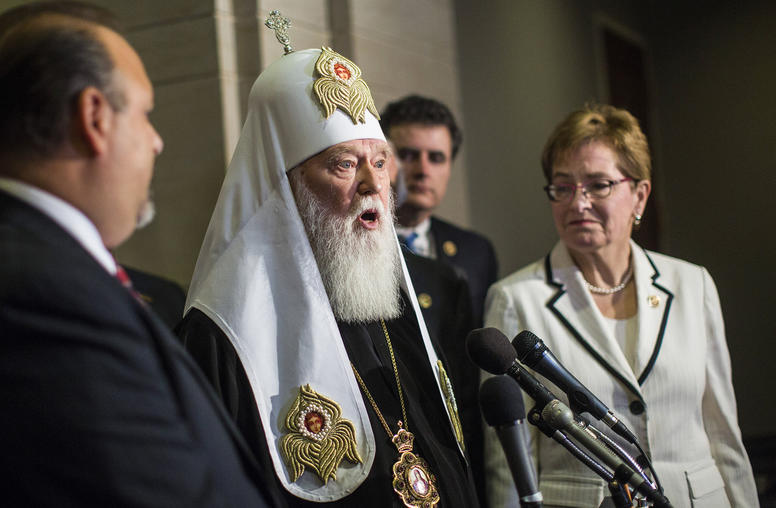
Russia’s War on Ukraine Roils the Orthodox Church
Russia failed to anticipate that its invasion of Ukraine in 2014 would cost it one of its most powerful levers of influence over its neighbor: the formal authority of the Russian Orthodox Church over its Ukrainian counterpart. But it has done so, and that unintended consequence could lead to others: a decline in Russian influence within the Eastern Orthodox world, a deeper division in the Orthodox community—and even perhaps the largest schism in Christianity since 1054. The international community has a key role in determining how this unfolds and must act to ensure the worst scenarios don’t come to pass.
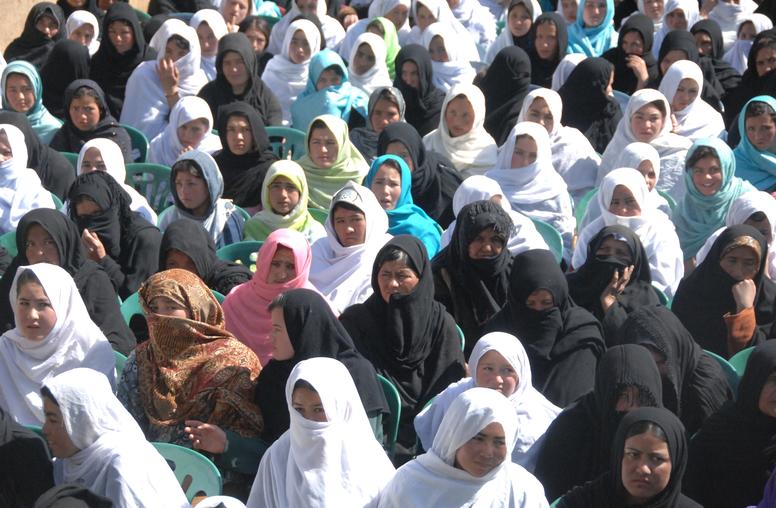
How can Afghans make peace AND protect women? Meet Ayesha Aziz.
After nearly 40 years of war, Afghanistan and the international community are urgently seeking paths for a peace process. But amid the tentative efforts—a three-day ceasefire in June, the peace march across the country by hundreds of Afghans and talks by U.S. envoy Zalmay Khalilzad—a somber question hangs for women and human rights advocates. How can Afghanistan make peace with the Taliban while protecting democracy and women’s rights?

Tunisia Timeline: Since the Jasmine Revolution
Protests in Tunisia ignited the Arab Spring in late 2010. The transition has witnessed the evolution of the most hopeful young democracy in the Middle East. But it is still fraught with economic, political and security challenges.
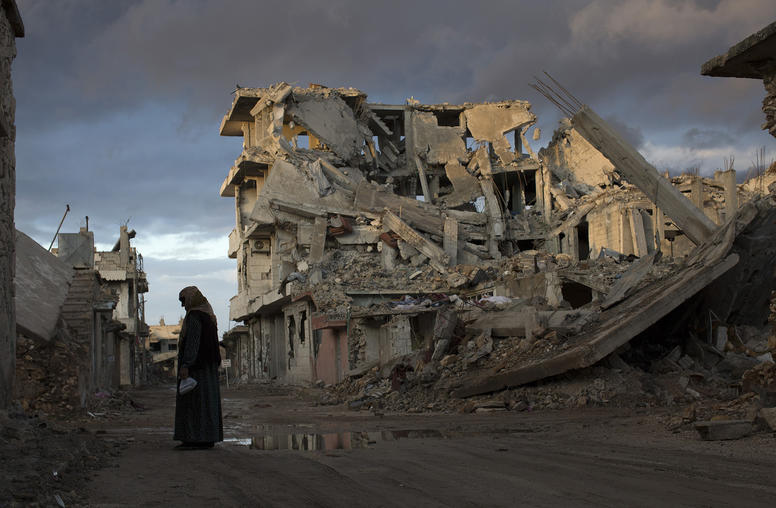
Syria Timeline: Since the Uprising Against Assad
Protests during the 2011 Arab uprisings triggered one of the deadliest wars of the early 21st century. It produced one of the gravest humanitarian crises, as hundreds of thousands were killed, millions fled their homes, and more than half the population relied on aid for daily sustenance.
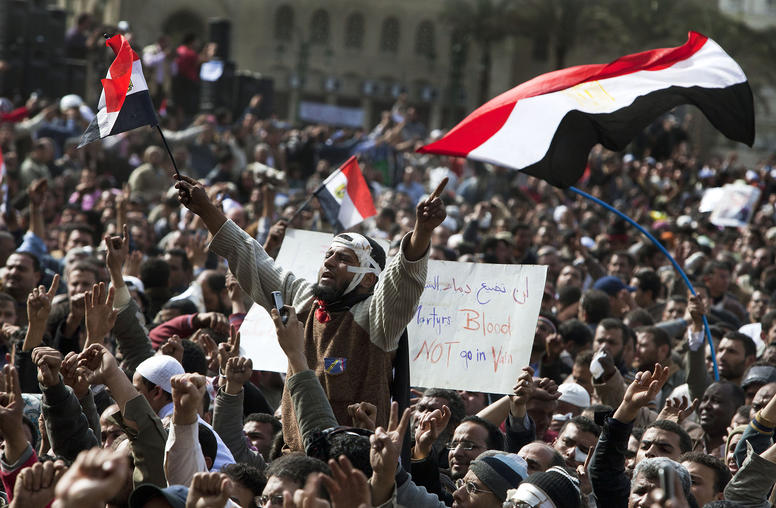
Egypt Timeline: Since the Arab Uprising
Since 2011, Egypt has witnessed protests, political turnovers, sporadic violence, and waves of repression. This analysis spans key events: a new generation of activists energized long-stagnate politics and countrywide demonstrations; political rivalries pitted secularists against Islamists; and internal turmoil led to the election of a former field marshal.
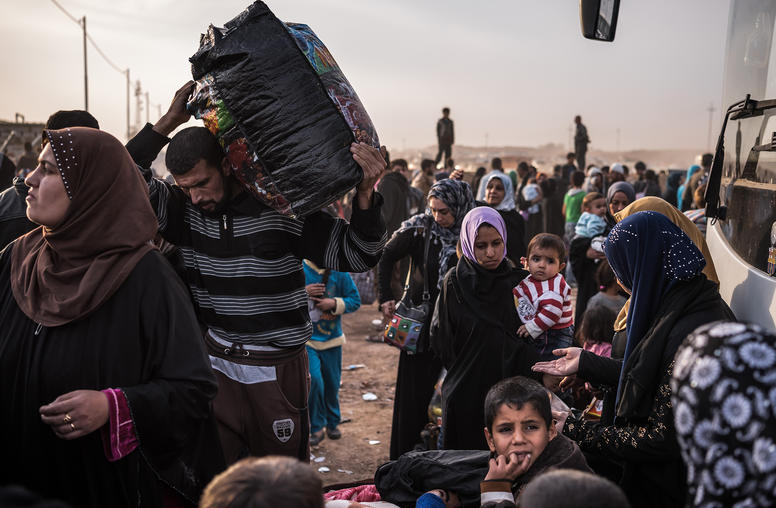
Iraq Timeline: Since the 2003 War
After Saddam Hussein’s ouster in 2003, Iraq’s new leaders struggled to chart a democratic course after decades of dictatorship. It suffered through a civil war, political turmoil, widespread economic corruption, sectarian tensions and an extremist insurgency, led by the Islamic State, that seized a third of the country.
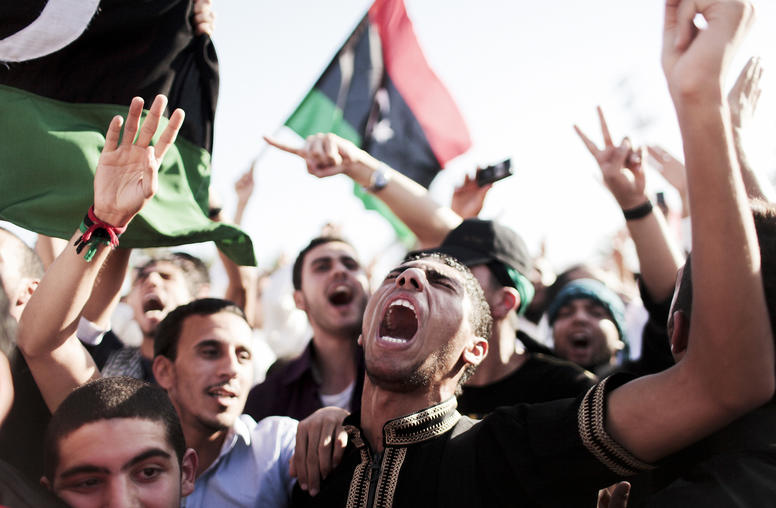
Libya Timeline: Since Qaddafi's Ouster
The North African country has struggled to remain unified since the uprising in 2011 and the end of Moammar Qaddafi’s four-decade long rule. During the subsequent chaos, armed groups proliferated, and Islamism emerged as a powerful new political force.
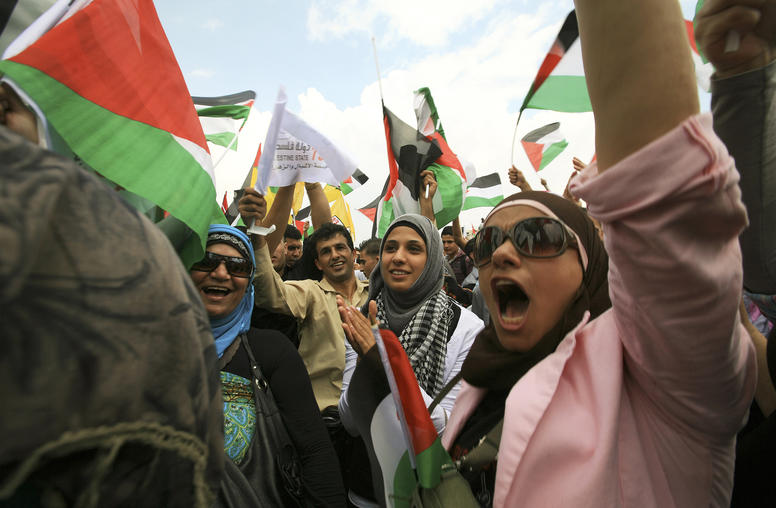
Palestinian Politics Timeline: Since the 2006 Election
The Palestinian movement split—politically, geographically, militarily and strategically—after the 2006 Palestinian Legislative Council elections. Fatah, a secular movement, led the Palestinian Authority in the West Bank. Hamas, an Islamist movement, ruled in Gaza.
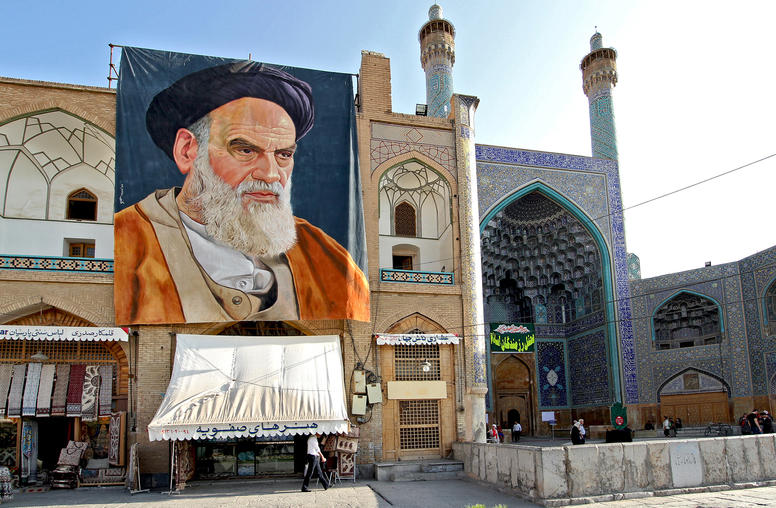
Iran Timeline: Since the 1979 Revolution
Iran, proud and passionate, has been a conundrum since its 1979 revolution. For decades, a confluence of challenges—political and cultural repression, menacing rhetoric, and defiance over its nuclear program—complicated dealing with the Islamic Republic. Iran’s revolution has passed through at least five phases.
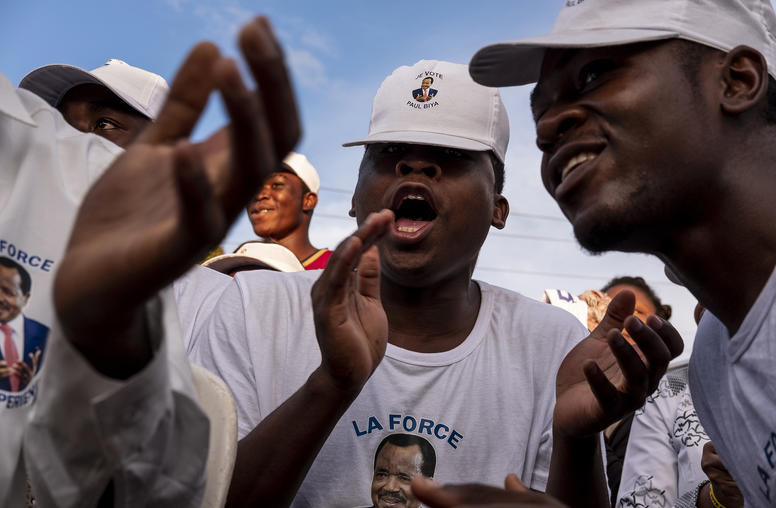
After Election, Cameroon’s Governance Crisis Continues
Eighty-five-year-old Paul Biya, president of Cameroon since 1982, was sworn in for his seventh term in office on November 6, after complaints arising from multiple allegations of electoral irregularities in polls held a month earlier were dismissed by Cameroon’s constitutional court. An intercommunal crisis in Cameroon has seen violence increase substantially since 2017, and the conduct of these elections—which saw a partial boycott—has added to grievances. In this analysis of the official election results, USIP’s Aly Verjee and Jude Mutah examine the data, and discuss the prospects for Cameroon after the election.